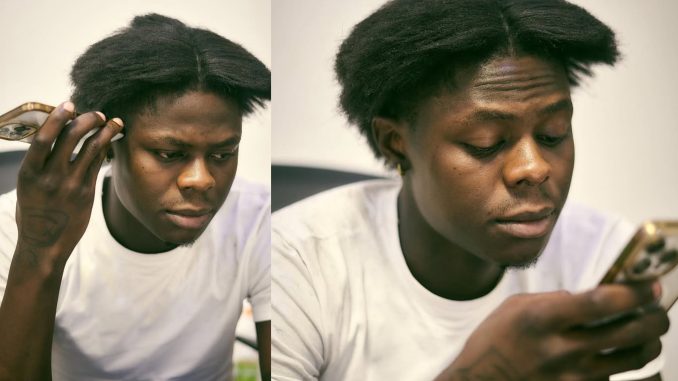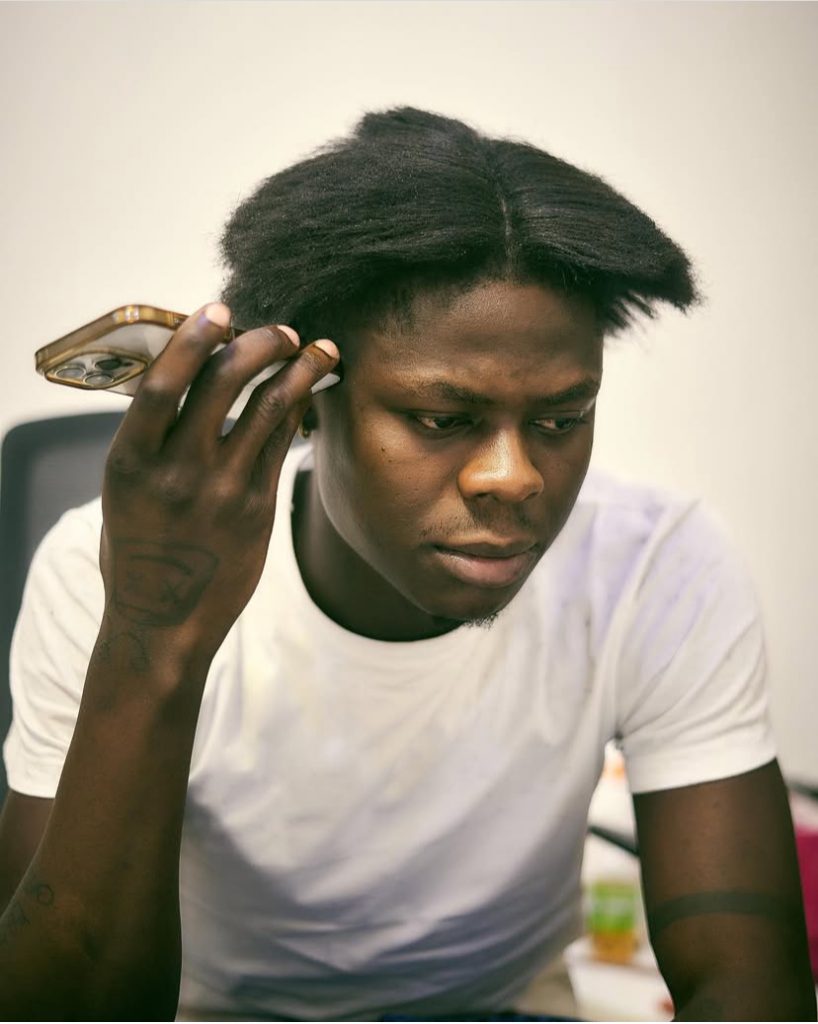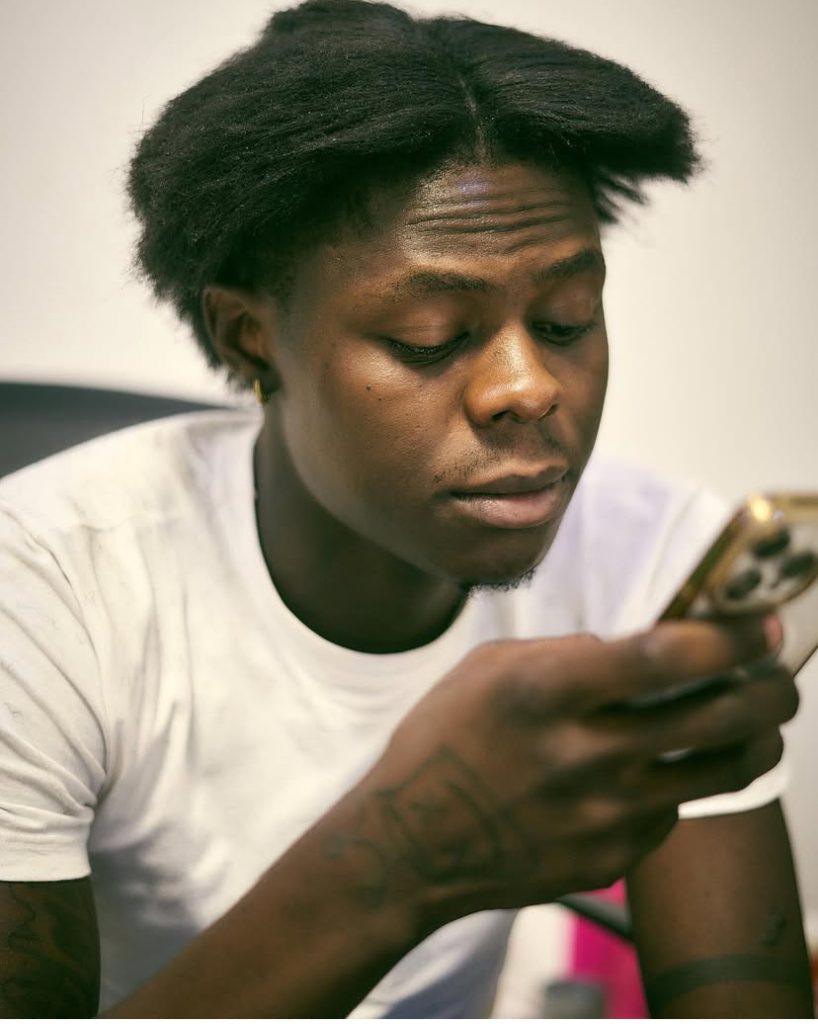
Nearly two years after the sudden and heartbreaking death of 26-year-old Nigerian singer Ilerioluwa Aloba, known to fans as Mohbad, a coroner’s inquest set up by the Lagos State Government has finally come to a close—calling for the prosecution of an unlicensed nurse, Feyisayo Ogedengbe.

The inquest, led by Magistrate Adedayo Shotobi, recommended the prosecution of an unlicensed nurse, Feyisayo Ogedengbe, who treated Mohbad in his final hours. It’s a decision many see as a long-overdue step toward accountability.
Magistrate Shotobi also acknowledged that Mohbad faced bullying and harassment during his lifetime, particularly from his former promoter, Naira Marley, and one Sam Larry. Even though the court acknowledged the pain Mohbad went through in the hands of people around him, it couldn’t find any clear, direct link between those experiences and what ultimately caused his death.
But beyond what led to his passing, the inquest also looked at what happened after. The court didn’t shy away from pointing out how quickly Mohbad’s father buried him. They said despite cultural pressures, his father was expected to take proper legal steps—like getting a death certificate and ordering an autopsy to know what killed Mohbad.
His wife, too, was mentioned. According to the court, she should have spoken up and insisted on proper medical care when Mohbad sustained an injury days before his passing, and should have raised concerns about how his body was handled.

Over the course of the long inquest, nineteen witnesses shared their accounts. In the end, the court concluded that Mohbad had been failed—by his family, by public institutions, and by an industry that too often overlooks the human being behind the fame.
His death, though still shrouded in pain, has become a rallying cry. Not just for justice—but for better protection of young artists navigating fame, pressure, and private battles.
